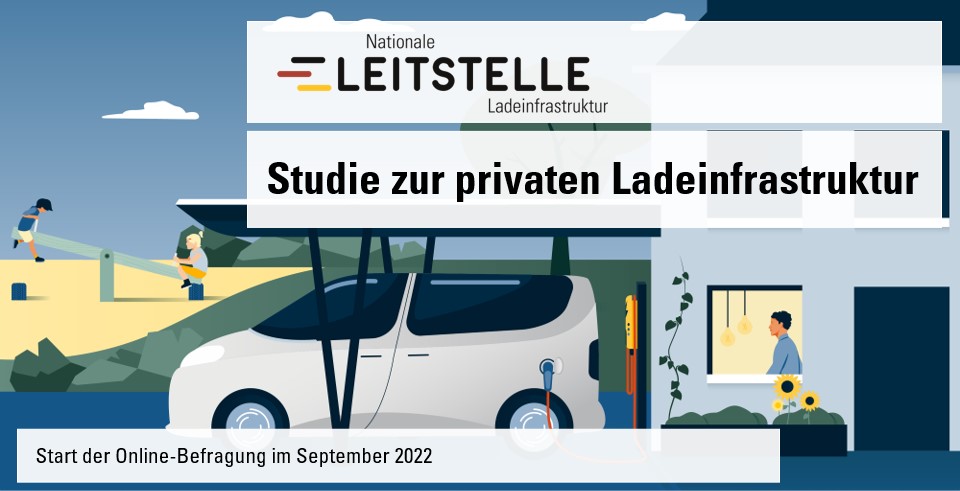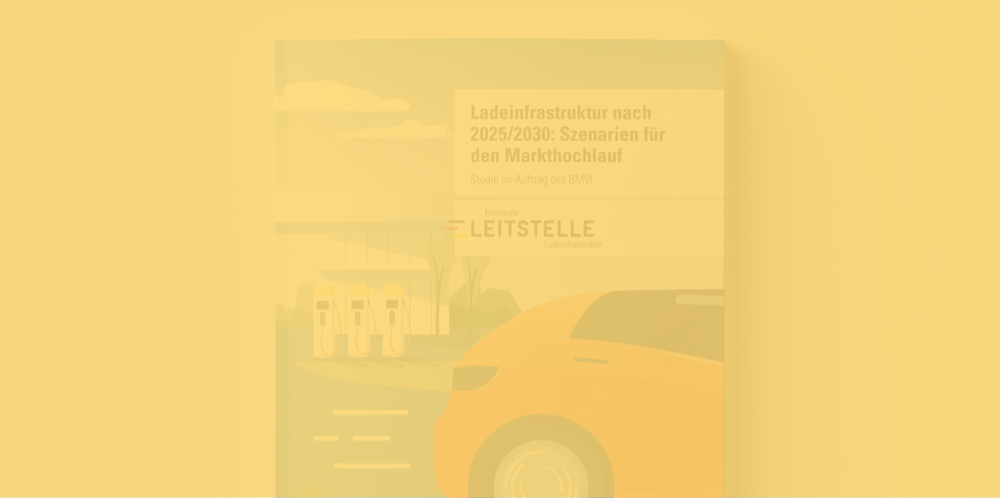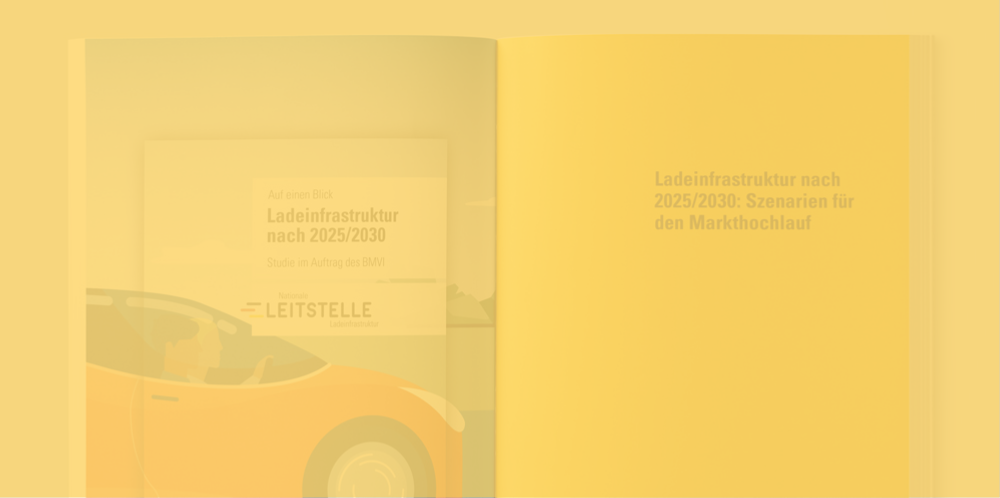The National Centre for Charging Infrastructure works in the capacity of a think tank on the subject of charging infrastructure: It collects and analyses data, publishes evaluations and general information on the construction and operation of public charging stations. A particular focus is on publicly accessible charging points funded within the scope of the BMDV’s funding programmes. Here, for example, the utilisation, costs for installation and operation as well as the charging tariffs for ad-hoc charging are examined in more detail by the National Centre for Charging Infrastructure. The data is collected as part of the monitoring and reporting via the OBELIS online platform.
Facts & figures
The “Facts & Figures” section provides an overview of the expansion of the public charging infrastructure in Germany based on the data collected by the Federal Network Agency (“Bundesnetzagentur”). Moreover, the section shows how many normal and high-power charging points have received funding support and how many of these have already been set up.
OBELIS
The National Centre for Charging Infrastructure collects and analyses data from charging points that are funded within the scope of the BMDV’s funding programmes. The data is collected in accordance with the reporting obligation associated with the receipt of funding support for charging points within the terms of certain funding programmes.
The data includes information on installation and commissioning as well as core and operational data on the funded charging points already installed. It is collected via the “OBELIS” online platform (Online-Berichterstattung Ladeinfrastruktur – in English: Online Reporting Charging Infrastructure). OBELIS is divided into two different areas:
- OBELISöffentlich for publicly accessible charging points
- OBELISgewerblich for non-publicly accessible charging points
The data collected on the charging infrastructure is evaluated by the National Centre for Charging Infrastructure in order to incorporate findings on the status quo as well as recognisable developments into demand planning and the future structuring of the charging infrastructure expansion.
Should you have any questions regarding OBELISöffentlich or OBELISgewerblich, do not hesitate to contact us at obelis@now-gmbh.de
OBELISöffentlich
OBELISöffentlich is the online platform for submitting reports on subsidised publicly accessible charging points. In order to fulfil the reporting obligation, the funding recipients report the commissioning of the subsidised charging points and subsequently submit reports twice a year during the minimum operating period of 6 years. The half-yearly reports include one-off information on the core data, which can be updated in the following six months if necessary and otherwise only need to be confirmed as being up to date, as well as the operating data, which is uploaded in the form of a file with the charging processes that have taken place.
Deadlines for the half-yearly reports:
- August (for the reporting period 01 January – 30 June)
- February (for the reporting period 01 July – 31 December)
Details on the data that is queried in OBELISöffentlich can be seen in the PDF file entitled “Datenabfrage OBELISöffentlich”.
Further information on reporting in OBELISöffentlich and tips on how to use it can be found in the quick guide and the FAQ.
In the event that your electrics specialist does not have their own standard commissioning protocol for the initial installation of your subsidised publicly accessible charging point, this template can be used.
OBELISgewerblich
OBELISgewerblich is the online platform for reporting on the subsidised non-publicly accessible charging points in the “Ladestationen für Elektrofahrzeuge – Unternehmen und Kommune” (“Charging Stations for Electric Vehicles – Companies and Municipalities”) funding programme (KfW 439 or KfW 441). To fulfil the reporting obligation, the funding recipients report their investment locations in operation, providing the core data of their funded charging stations installed there. Once the information is complete, the reporting ID is displayed, which is required in the KfW funding portal for the payment of the funding support. In addition, the amount of energy charged per investment location is queried every six months, whereby the start and end dates of the recording period for the kilowatt hours can be flexibly defined. Optionally, a file with the charging processes that have taken place can also be uploaded if the supported charging station is connected to an IT backend or has a local function to export the charging processes that have taken place in the form of a file in spreadsheet format.
Details on the data that is queried in OBELISgewerblich can be seen in the PDF file entitled “Datenabfrage OBELISgewerblich”.
Studies & Publications

In October 2022, surveying ended for the online study entitled “Charging at home: Charging behaviour of owners of private wallboxes for electric vehicles”, led by Dr Christian Hein (Manager Studies and Scientific Network Charging Infrastructure in the Understanding Team). 200,000 people were contacted who had received funding through the KfW Programme 440 (charging stations for electric vehicles – residential buildings) and had installed a private charging facility.
The study is currently in the evaluation phase.
The aim of the study is to learn more about usage behaviour with regard to home charging and to identify barriers to the installation of private charging infrastructure. The results of the study will be incorporated into the demand planning of the National Centre for Charging Infrastructure and will thereby assist in the targeted and demand-oriented installation of charging infrastructure.
Should you have any questions regarding the study, please contact us at: leitstelle.studien@now-gmbh.de
Downloads
Charging infrastructure after 2025/2030: Scenarios for the market ramp-up
- Study commissioned by the BMVI


